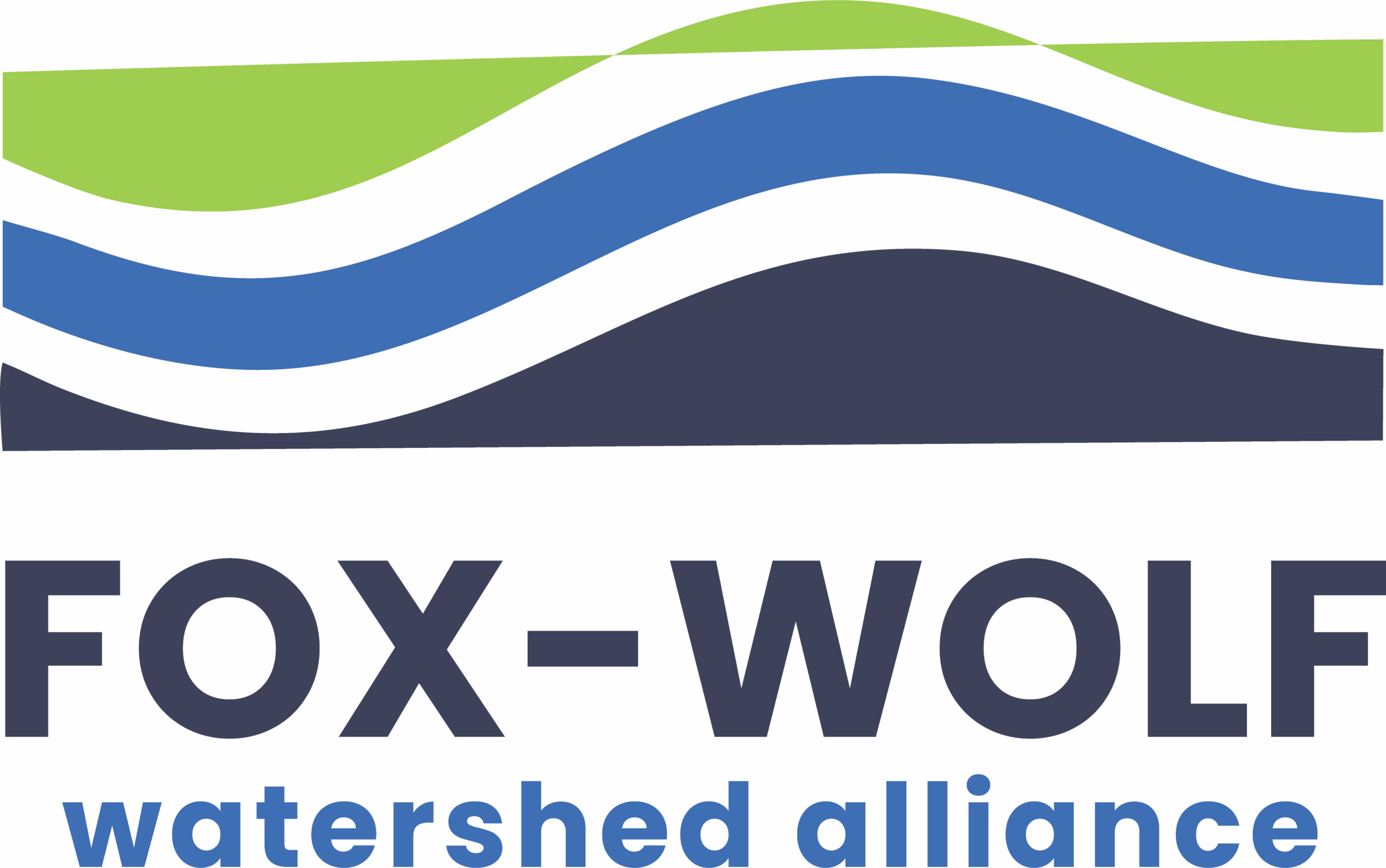Not only is it an unpleasant sight on yards and sidewalks, pet waste is one of the many contributors of stormwater pollution. During rain and snow melts, pet waste left on lawns, sidewalks, trails, and beaches washes into our storm drains and go directly into local lakes, rivers, and streams. Storm drains do not go to waste water treatment plants first! This is something we need to be especially aware of in the late winter and spring, when melting snow becomes runoff. Unfortunately, many people leave pet waste outside during the winter, and do not pick it up before the snow begins to melt. The bacteria, parasites, and viruses in pet waste ends up in our waterways where they can harm human health and the environment.

What’s the Harm?
As pet waste decays in water, it requires a lot of oxygen. This high demand can kill fish and plants because it reduces the amount of available oxygen. The process of decomposition, decay, also releases nutrients, food, that increases algae growth. Fecal contamination of lakes is a human health hazard, which at the very least can cause the closures of beaches and recreational waters. Contact with the bacteria found in pet waste can make people sick with rashes, sore throats, intestinal illness, eye and ear infections, nausea, and serious kidney disorders.
Picking up after your pet is an easy way to avoid nutrient and bacterial contamination in stormwater. When walking dogs, owners should carry plastic bags to collect waste. Pet waste should be picked up often at home too, as even waste in one’s backyard can pollute local waters. Watch out for pet waste stations in your local communities.
Community Spotlight
More and more communities are working to reduce pet waste pollution. It is now common to see garbage cans specifically for pet waste disposal at public parks, and even free waste bag stations. In addition to making options for pet waste disposal readily available, education is key to helping reduce pet waste pollution. It is important for pet owners to understand that picking up waste is not just about keeping grassy spaces looking and smelling good, but also to help water quality. The City of Kaukauna is actively trying to increase citizen awareness about why it is necessary to clean up after pets. The bulletin board at their dog park prominently features information about the pollutants found in dog waste and their effect on water quality.

